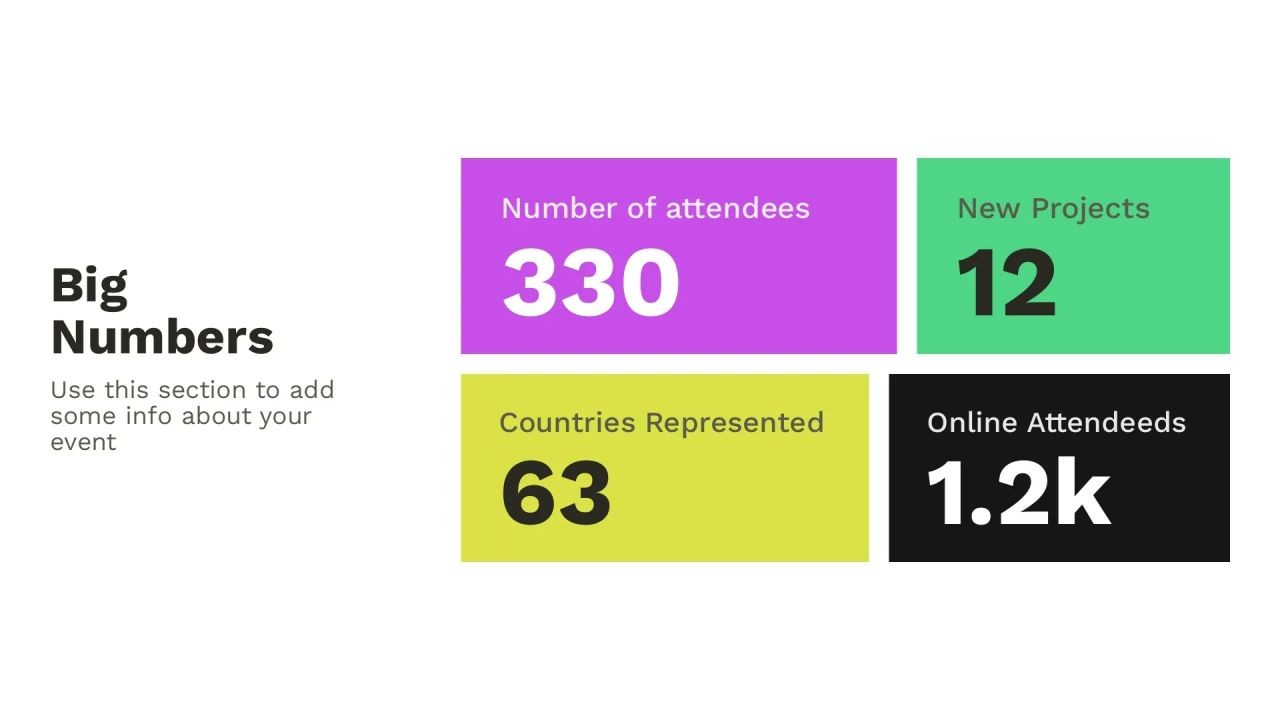New Zealand and Australia, though geographically close and culturally similar, have distinct legal systems that shape their societal justice landscapes. Understanding these differences is crucial for innovation consultants, businesses, and policymakers navigating the trans-Tasman legal environment. As both countries continue to evolve, the question arises: which legal system proves more just? This article delves into New Zealand and Australia's legal frameworks, examining their unique attributes, challenges, and impact on businesses and society.
How It Works: A Deep Dive into Legal Frameworks
The legal systems of New Zealand and Australia are rooted in their colonial history, drawing heavily from English common law. However, over the years, each nation has developed its distinct judicial identity. The New Zealand legal system is characterized by its unitary nature, meaning it operates under a single, nationwide system. In contrast, Australia's federal system involves multiple jurisdictions, including state and territory laws, which can lead to complexity and variance.
New Zealand's Legal System: Simplicity and Accessibility
New Zealand's judicial framework is lauded for its simplicity and accessibility. With a single layer of appeal courts, the system is designed to be straightforward and user-friendly, promoting a higher degree of fairness and efficiency. The country's emphasis on restorative justice, which focuses on rehabilitation and reconciliation, has been particularly influential. This approach aligns with New Zealand's broader societal values, emphasizing community and individual well-being.
In terms of economic impact, New Zealand's legal environment is conducive to business growth. According to the World Bank's "Doing Business 2020" report, New Zealand ranks first globally for ease of doing business, thanks to its streamlined regulatory framework. This simplicity reduces administrative burdens for businesses, fostering innovation and competitiveness.
Australia's Legal System: Complexity and Diversity
Australia's legal system, while similar in its common law roots, is markedly more complex due to its federal structure. Each state and territory has its own set of laws, which can vary significantly. This complexity can pose challenges for businesses operating across multiple jurisdictions, potentially leading to higher compliance costs and legal uncertainties.
Despite these challenges, Australia's legal system is known for its robustness and comprehensive approach to justice. The system allows for a diverse range of judicial interpretations, providing flexibility and adaptability in addressing varied legal issues. However, this complexity can sometimes hinder access to justice, particularly for small businesses and individuals lacking the resources to navigate the system effectively.
Case Study: Implementing Restorative Justice in New Zealand
New Zealand's commitment to restorative justice is exemplified by its implementation in the criminal justice system. The country's innovative approach emphasizes repairing harm and reintegrating offenders into society, rather than solely focusing on punishment.
Problem:
Traditional punitive measures often failed to reduce recidivism rates and did not address the root causes of criminal behavior. This approach led to overcrowded prisons and high costs for the justice system.
Action:
New Zealand introduced restorative justice programs, involving victims, offenders, and community members in dialogue and resolution processes. This approach aimed to heal relationships and provide offenders with the opportunity to make amends.
Result:
- Recidivism Reduction: Studies showed a 20% reduction in recidivism rates among participants of restorative justice programs.
- Cost Savings: The government reported significant cost savings due to decreased incarceration rates and reduced reoffending.
Takeaway:
New Zealand's restorative justice approach underscores the importance of community-centered legal solutions. Businesses and policymakers can learn from this model by prioritizing rehabilitation and community engagement in addressing complex societal issues.
Data-Driven Analysis: Legal Impact on Business
The legal frameworks in New Zealand and Australia significantly influence business operations. According to Stats NZ, the ease of starting a business in New Zealand is a major draw for entrepreneurs, with the country ranking first globally for starting a business. This streamlined process, requiring only one day to incorporate a company, contrasts sharply with Australia's more intricate requirements.
However, Australia's diverse legal landscape offers certain advantages, such as more robust consumer protection laws, which can enhance consumer confidence and business credibility. The Australian Competition and Consumer Commission (ACCC) ensures that businesses maintain fair competition and protect consumer rights, providing a level of oversight that can benefit businesses focusing on long-term sustainability.
Pros and Cons of Each System
New Zealand
- Pros: Simplicity, ease of business setup, and a strong focus on restorative justice.
- Cons: Limited scope for legal diversity and potential challenges in addressing complex legal issues.
Australia
- Pros: Comprehensive consumer protection and legal flexibility.
- Cons: Complexity and higher compliance costs due to federal structure.
Common Myths and Mistakes
Understanding the myths and misconceptions surrounding the legal systems in New Zealand and Australia is crucial for businesses and consultants navigating these landscapes.
- Myth: "Legal systems are static and unchanging." Reality: Both New Zealand and Australia continuously evolve their legal frameworks to address emerging challenges, such as cybercrime and digital privacy.
- Myth: "Australia's legal system is uniformly more robust." Reality: While Australia's federal system offers diverse legal interpretations, it can also lead to inconsistencies and complexities not present in New Zealand's unitary system.
Future Trends and Predictions
The future of New Zealand's and Australia's legal systems will likely involve greater integration of technology and increased focus on digital privacy. According to Deloitte's "Legal Trends 2025" report, both countries are expected to enhance their digital infrastructure to support more efficient legal processes.
In New Zealand, the integration of AI and blockchain in legal operations is anticipated to streamline processes further, reducing costs and improving access to justice. Australia's focus on data protection and cybersecurity will continue to shape its legal landscape, offering new avenues for businesses to innovate and adapt.
Conclusion: Final Takeaway & Call to Action
In comparing New Zealand's and Australia's legal systems, both offer distinct advantages and challenges. New Zealand's simplicity and focus on restorative justice provide a more accessible legal environment, while Australia's comprehensive consumer protections and flexibility offer a robust framework for businesses.
For businesses and innovation consultants, understanding these differences is crucial for strategic decision-making and navigating legal complexities. Engage with local legal experts and stay informed about regulatory changes to maximize opportunities and minimize risks.
What are your thoughts on the justice systems in New Zealand and Australia? Share your insights and experiences below!
Related Search Queries
- New Zealand vs Australia legal system differences
- Restorative justice in New Zealand
- Australia federal legal structure
- Impact of legal systems on business in NZ
- Consumer protection laws Australia































